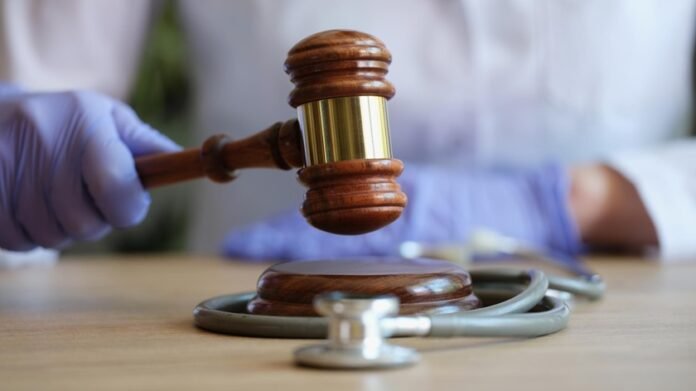Personal injury laws encompass legal rules and principles that govern civil lawsuits filed by individuals who have been harmed or injured due to the negligence, recklessness, or intentional actions of another party. These laws aim to provide compensation to injured parties for their losses, including medical expenses, lost wages, pain and suffering, and other damages.
Here is an overview of key aspects of personal injury laws:
Types of Personal Injury Cases:
Personal injury cases can arise from various incidents and accidents, including:
- Motor vehicle accidents
- Slip and fall accidents
- Workplace accidents
- Medical malpractice
- Product liability (defective products)
- Assault and battery
- Wrongful death
Elements of a Personal Injury Claim:
To succeed in a personal injury claim, the plaintiff (injured party) must prove the following elements:
Duty of care: The defendant owed a legal duty of care to the plaintiff (e.g., drivers have a duty to operate their vehicles safely).
Breach of duty: The defendant breached or violated the duty of care through negligent, reckless, or intentional actions.
Causation: The defendant’s breach of duty directly caused the plaintiff’s injuries or harm.
Damages: The plaintiff suffered compensable damages as a result of the defendant’s actions (e.g., physical injuries, emotional distress, financial losses).
Statute of Limitations: Personal injury claims are subject to statutes of limitations, which establish the deadline for filing a lawsuit after the injury occurs. The statute of limitations varies by state and type of claim but typically ranges from one to several years from the date of the injury or discovery of the injury.
Comparative Negligence: Many states follow the principle of comparative negligence, which allows for the apportionment of fault between the parties involved in an accident. Under comparative negligence rules, the plaintiff’s recovery may be reduced based on their percentage of fault for the accident.
Compensation for Damages: In personal injury cases, injured parties may seek compensation (damages) for various economic and non-economic losses, including:
- Medical expenses (hospital bills, surgeries, medications)
- Lost wages and income
- Pain and suffering
- Emotional distress
- Loss of consortium (loss of companionship or spousal support)
- Punitive damages (in cases of egregious misconduct or intentional harm)
Insurance and Settlements: Many personal injury claims are resolved through settlements negotiated between the parties or their insurance representatives. Insurance companies often play a significant role in compensating injured parties for their losses, especially in cases involving motor vehicle accidents or premises liability claims.
Trial and Litigation: If a settlement cannot be reached, personal injury cases may proceed to trial, where a judge or jury will hear evidence, arguments, and testimony from both sides before rendering a verdict. Litigation can be a lengthy and complex process, requiring legal representation and courtroom advocacy.
Understanding personal injury laws is crucial for individuals who have been injured due to the negligence or wrongful conduct of others. Seeking legal advice from experienced personal injury attorneys can help injured parties navigate the legal process, protect their rights, and pursue fair compensation for their injuries and losses.













